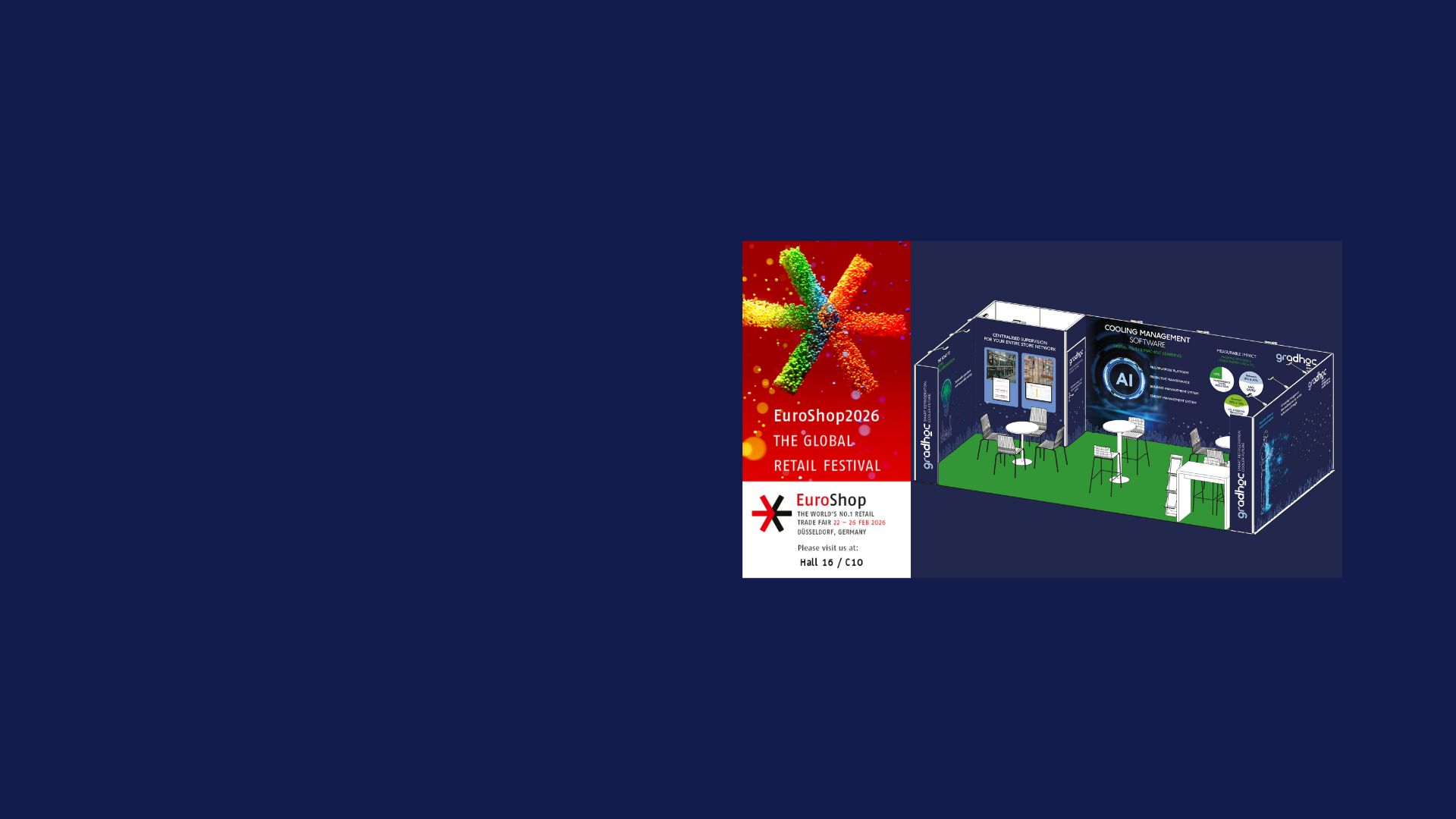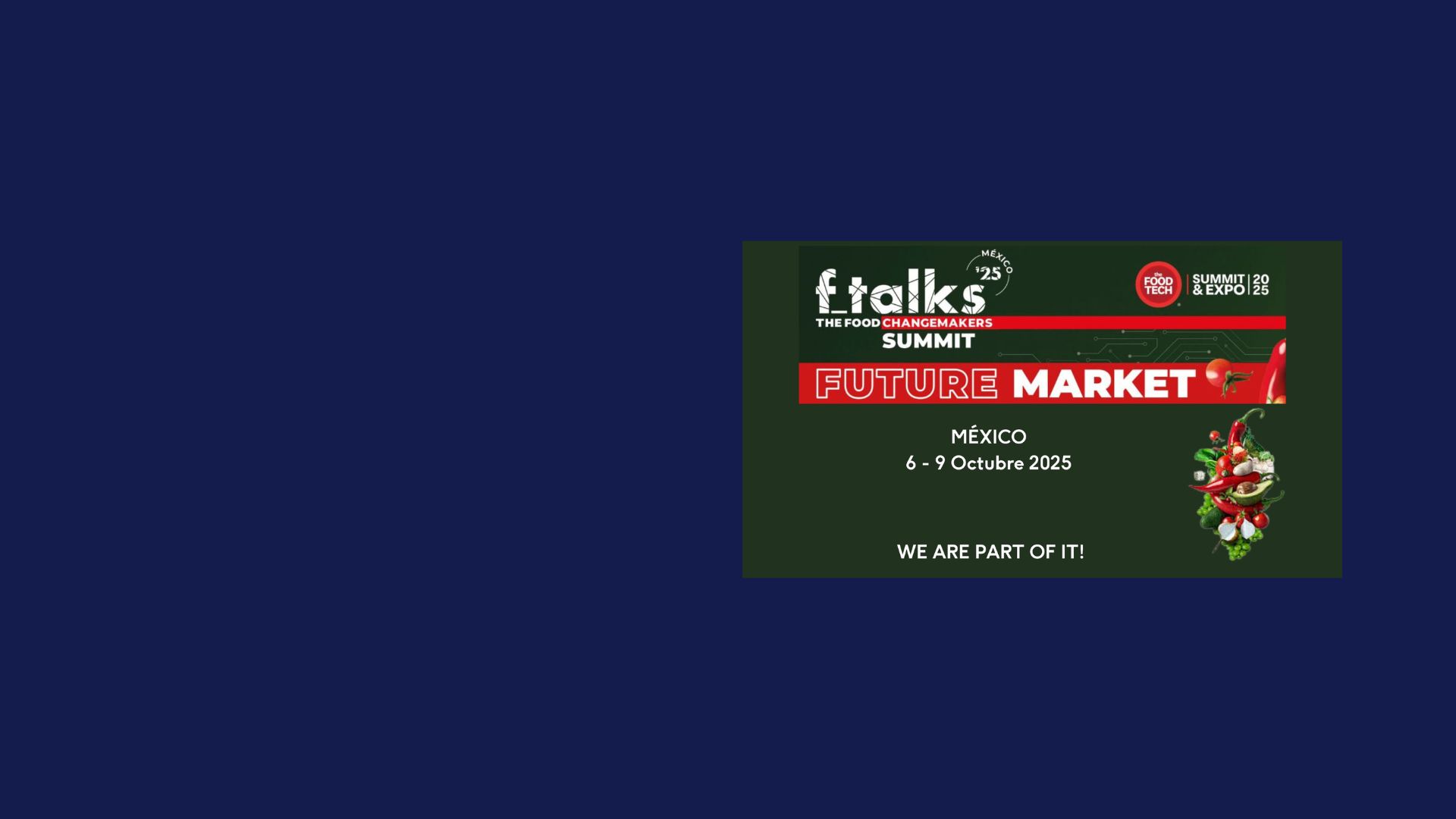In the competitive food industry, product quality not only ensures customer satisfaction but is essential for meeting strict safety regulations. Ensuring food safety requires an integrated approach at every stage of the process, from raw material sourcing to final distribution. However, quality managers face a range of challenges as they strive to maintain and improve processes and quality in the food industry. Increasingly, they turn to technological solutions such as advanced industrial refrigeration and automation to address these challenges.
What is Food Safety?
Food product quality is a broad concept encompassing taste, texture, nutritional value, safety, and freshness. For consumers, the final product’s quality means trust, while for producers, it represents their ability to meet demanding standards and regulations. Ensuring food safety goes beyond commercial benefits; it involves a commitment to excellence at every production stage.
All of Europe follows guidelines from the European Commission (advised by EFSA, the European Food Safety Authority) to ensure food safety, covering all stages of production from farm to table.
The FAO defines food safety as the condition in which all people, at all times, have physical, social, and economic access to sufficient, safe, and nutritious food that meets their dietary needs and preferences for an active, healthy life.
Food safety encompasses diverse areas, all connected to food supply but with distinct focuses. This field integrates food science and technology with quality control, alongside aspects of social justice and hunger eradication.
Main Concerns of Quality and Food Safety Managers
Quality managers in the food industry constantly monitor numerous factors that determine final product quality. Their primary concerns include:
- Ensuring Food Safety: Safety is paramount to avoid microbiological, chemical, and physical contamination risks. Quality managers must ensure products are safe and comply with public health regulations.
- Supply Chain Management: Effective coordination from raw material acquisition to the final product distribution.
- Product Stability and Shelf Life: Product quality also depends on stability during storage and distribution. Here, industrial refrigeration plays an essential role by maintaining optimal conditions, preventing spoilage, and extending shelf life. Temperature control is crucial in refrigeration systems.
- Traceability: The ability to trace each ingredient and production stage is crucial for quality assurance. Traceability allows quality managers to identify and address issues in real-time, often aided by technology for automated batch tracking.
- Quality Process Optimization: To consistently ensure food product quality, quality control teams need structured processes that help reduce errors and improve efficiency. This requires ongoing technology and training.
- Compliance and Adaptation to Regulations and Audits: The food industry is highly regulated, and adapting to national and international standards is a constant concern. Quality managers must be prepared for rigorous audits to protect consumer health, as non-compliance can lead to sanctions and severe reputational damage.
The Importance of Processes and Quality in the Food Industry
Implementing quality processes in the food industry is not only a legal obligation but also a key strategy for improving product quality and reducing losses from returns or non-compliant products. Quality processes cover all production stages, such as raw material selection, processing, packaging, and distribution logistics. A comprehensive food product quality control system is essential to meet high standards.
How to Improve Food Safety and Product Quality in the Food Industry
Improving product quality requires a mix of good practices, a reliable refrigeration infrastructure, and a rigorous quality control system. Key strategies include:
- Production Process Optimization: Real-time data analysis and automation allow companies to adjust production lines based on quality requirements, minimizing human error and ensuring compliance with product-specific standards.
- Preventive and Predictive Maintenance in Industrial Refrigeration: Temperature control is critical to preserving food quality. Predictive maintenance helps prevent refrigeration system failures that could compromise product safety and quality.
- Contaminant and Allergen Control: The food industry must monitor for possible contaminants or allergens. Air filters, automatic cleaning equipment, and contaminant sensors help minimize these risks.
- Continuous Training: As quality standards evolve, ongoing training is essential to keep personnel updated on safety and hygiene protocols, resulting in continuous product quality improvement.
- Implementation of Quality Management Systems: Adopting international standards such as ISO 22000 or HACCP helps companies establish clear procedures for food quality control. These systems simplify risk identification and mitigation at every production stage.
- Technology Solutions: Technologies like the Internet of Things (IoT) and artificial intelligence (AI) are transforming quality control processes, allowing more precise real-time monitoring and informed decision-making.
Industrial Refrigeration’s Role in Food Safety and Product Quality
Industrial refrigeration is a cornerstone of food product quality control, particularly for items requiring low-temperature storage. Proper temperature control ensures fresh, dairy, meat, and frozen products maintain their integrity from production to consumer.
Temperature, humidity, and storage duration are critical factors impacting final product quality. Refrigeration technology helps preserve fresh products and ensures they retain their quality and sensory properties (flavor, texture, and aroma) until they reach the end consumer.
How to Enhance Food Safety Through Efficient Refrigeration
Ensuring product quality requires high-efficiency refrigeration systems with constant monitoring. This means not only using state-of-the-art equipment but also implementing a management system that enables remote monitoring and automatic adjustment of refrigeration conditions. The benefits of efficient refrigeration for food quality include:
- Preserving Nutritional and Sensory Properties: Temperature fluctuations can alter food quality. A controlled refrigeration system keeps products at the right temperature, preserving their properties.
- Reducing Losses and Waste: Digital monitoring-equipped refrigeration systems allow companies to detect issues before products spoil, reducing losses of perishable goods.
- Enhanced Cold Chain Control: The cold chain is critical for the safety and quality of products like meat, dairy, and fruit. Connected refrigeration systems make it possible to track and control temperature at each distribution stage, ensuring optimal product conditions.
Technological Solutions to Improve Food Safety
Technology is transforming food industry processes and quality, making it easier for quality managers to ensure high-quality products on the market. Here are some effective technological solutions:
- Quality Management Systems (QMS): QMS allows for digital and centralized quality control, providing full visibility of each production phase. They also enable companies to log and analyze quality data, generating reports to identify improvement areas and prevent recurring errors.
- IoT Sensors and Devices: Temperature, humidity, and contaminant sensors can monitor environmental conditions in real-time, alerting quality managers to any deviations. This is especially important in industrial refrigeration, where any malfunction can compromise product safety.
- Automation in Quality Control: Artificial intelligence systems make quality control more precise and less dependent on human judgment, with algorithms that quickly identify defects or anomalies. This ensures consistent quality in each produced batch.
- Advanced Traceability Systems: Digital traceability systems allow tracking of each ingredient’s origin and journey. This is crucial for quality problem-solving and faster response to market recalls.
Gradhoc is an example of advanced technology specifically designed for the industrial and commercial refrigeration industry. Its intelligent monitoring platform allows food companies to manage the cold chain with precision, ensuring that critical parameters like temperature and humidity remain within ideal ranges. Gradhoc also provides the advantage of collecting real-time and historical data, essential for continuous improvement in food industry processes and quality.
Gradhoc offers an integrated solution for industrial refrigeration management, enabling cold chain monitoring and energy consumption optimization. Incorporating these technologies into daily operations allows food companies to enhance product quality and meet the highest quality standards, facilitating the implementation of quality management systems like ISO 22000 or HACCP.
Conclusion
Product quality in the food industry results from a combination of well-structured processes, cutting-edge technology, and highly trained professionals. From food product quality control to industrial refrigeration management, each element plays a role in ensuring products meet the quality and safety standards demanded by today’s consumers. With the adoption of technological solutions and quality process optimization, the food industry will be better equipped to face future challenges and ensure food safety of the final product that reaches consumers’ hands.



